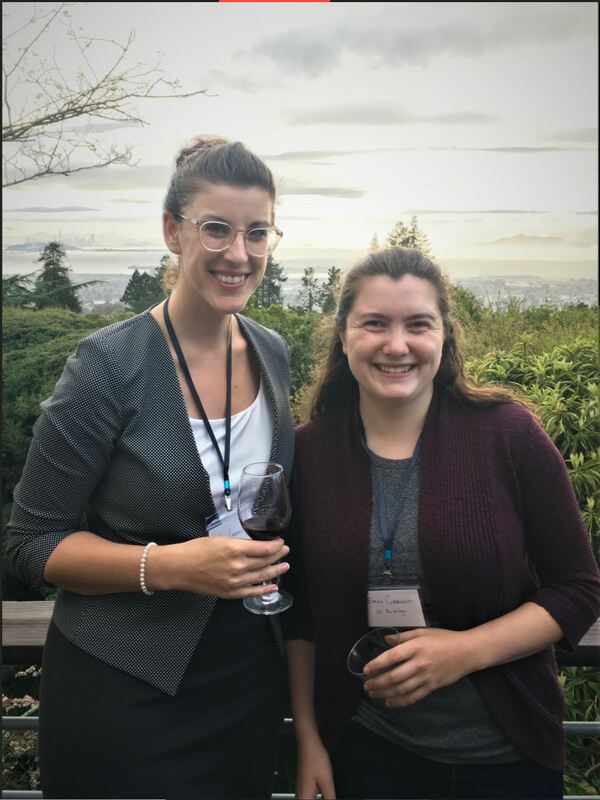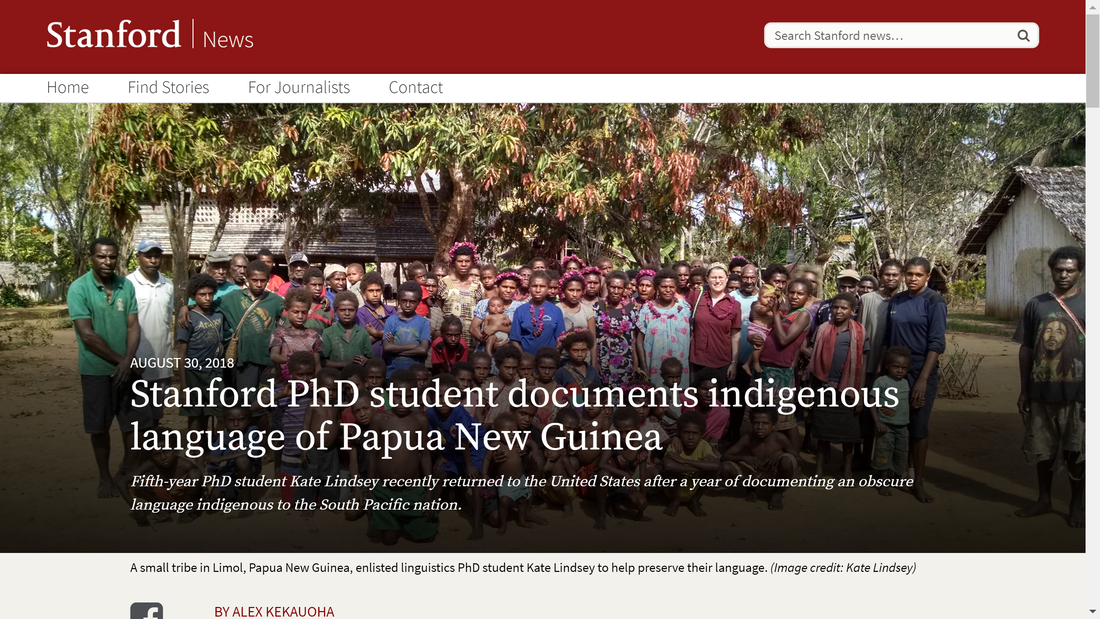Abstract:
In this work, I expand Zoll’s (1996) analysis of subsegmental phenomena to address the fact that her uniform treatment of ghost elements cannot account for a key behavioral property: the default realizational state of the ghost element (Zimmermann 2018). This property subclassifies ghost elements into two groups: those that are preferentially realized unless they violate markedness and those that are preferentially deleted unless they repair markedness. I call these martyr and hero ghosts, respectively.
In Optimality Theory, presence and absence of phonological elements in the output is regulated by ranked and violable constraints. If a constraint that penalizes non-realization of a phonological element is ranked higher than a constraint that penalizes realization, then the optimal output will not include the element. This is the necessary constraint ranking for a ghost element that exhibits martyr-type behavior. The opposite ranking generates hero-type behavior. If ghost elements are represented uniformly as subsegments as Zoll (1996) proposes, then we predict only two types of languages: one in which all ghost elements are martyrs and one in which all ghost elements are heroes. This theoretical typology undergenerates the empirically observed typology of phonological patterns.
Ende (Pahoturi River) exhibits two types of ghost elements: floating nasals, a martyr ghost, and infinitival reduplication, a hero ghost. I propose a representational distinction that splits ghost elements into two subsegmental types: those that are specified for their melodic features and those that are specified for their skeletal or structural features. This engenders faithfulness constraints which can be ranked with respect to one another to indicate a language’s preference to realize or not realize melodic or skeletal subsegments, predicting four types of languages, including Ende.
This work provides analyses of both ghost elements in Ende and other languages with multiple ghost elements, including Chaha, Yowlumne, and Welsh. I also provide the first descriptive analyses of the phonotactics, phonology, and morphology of Ende and introduce the basic typological profile for the language and the language family.



 RSS Feed
RSS Feed
